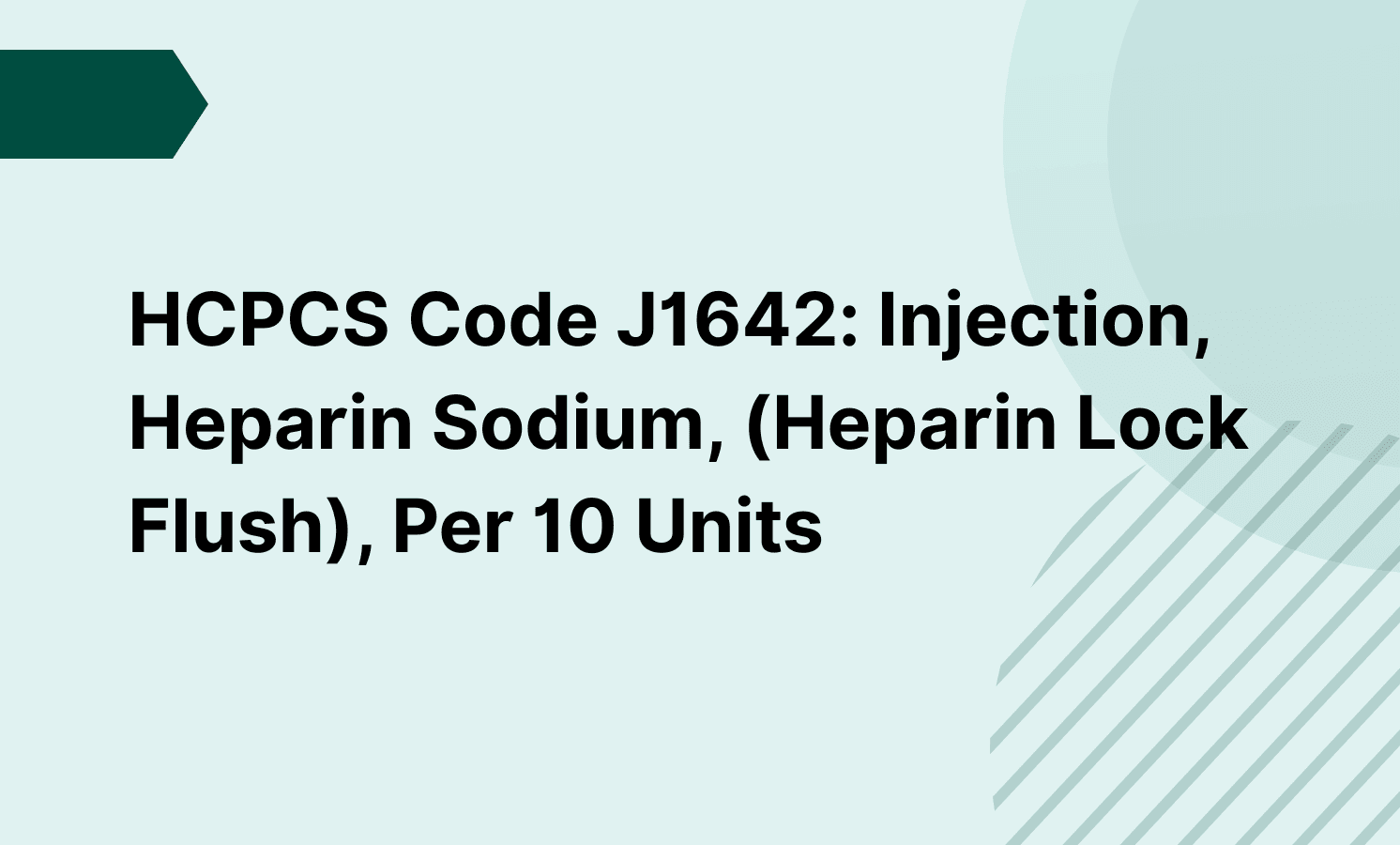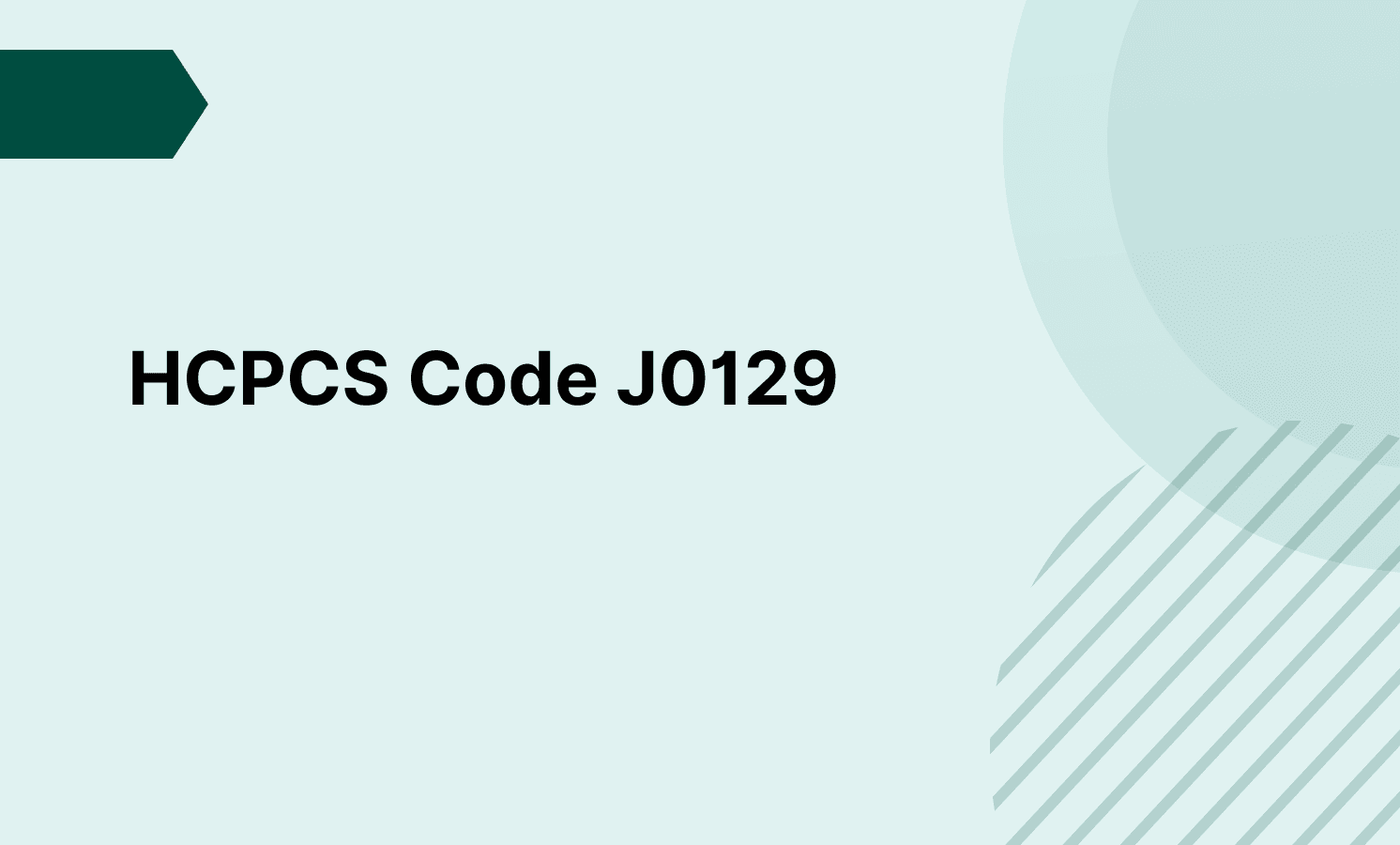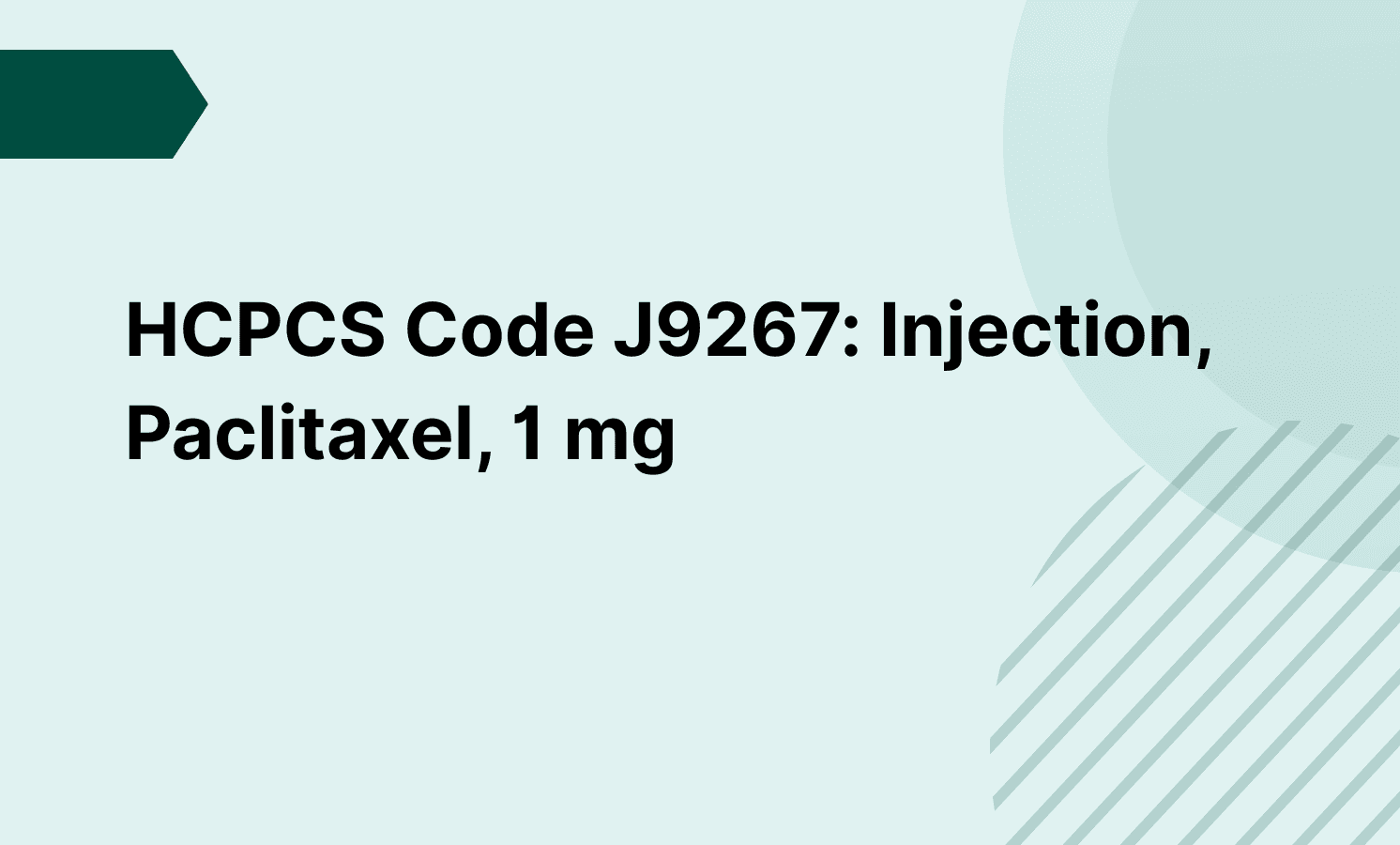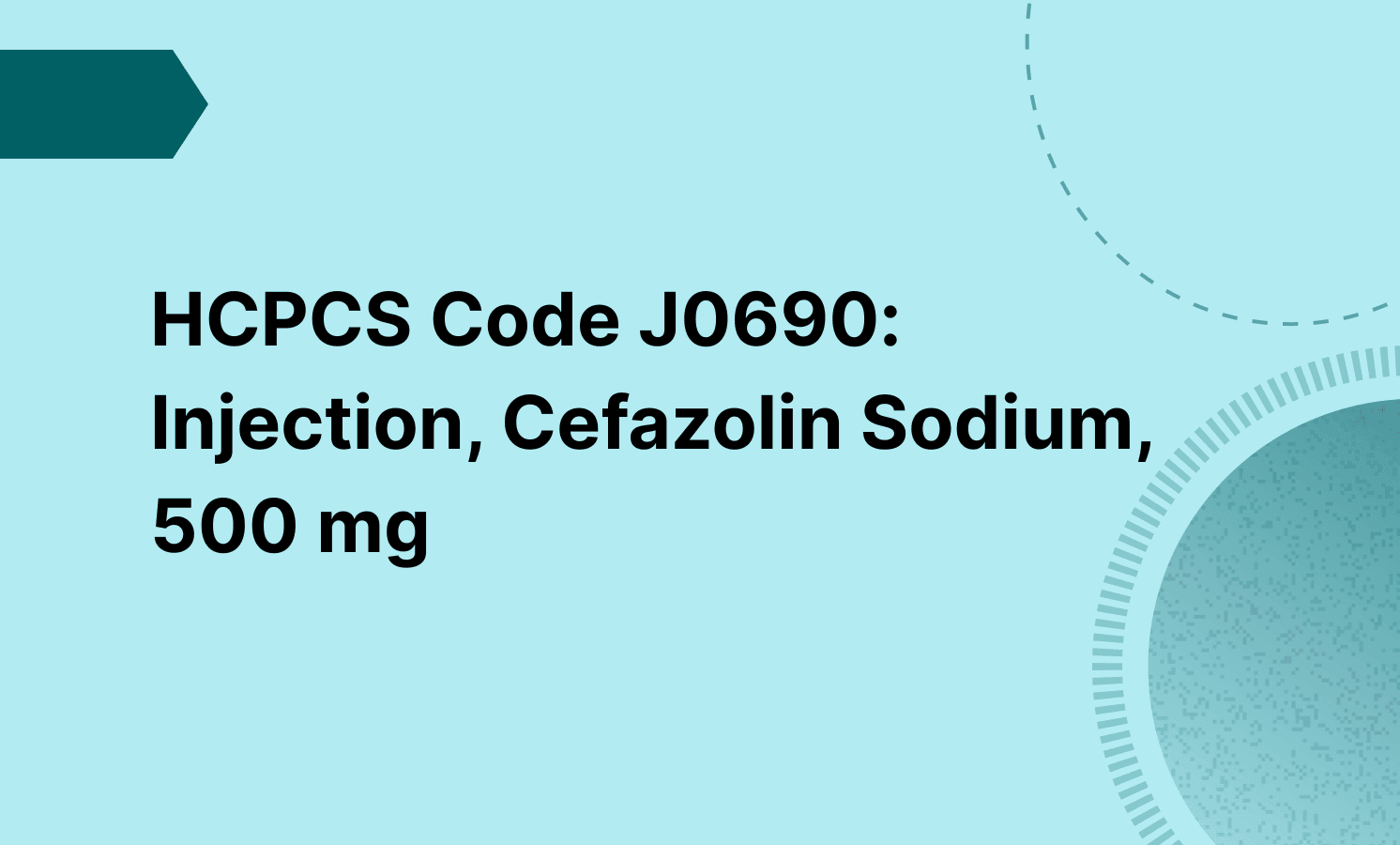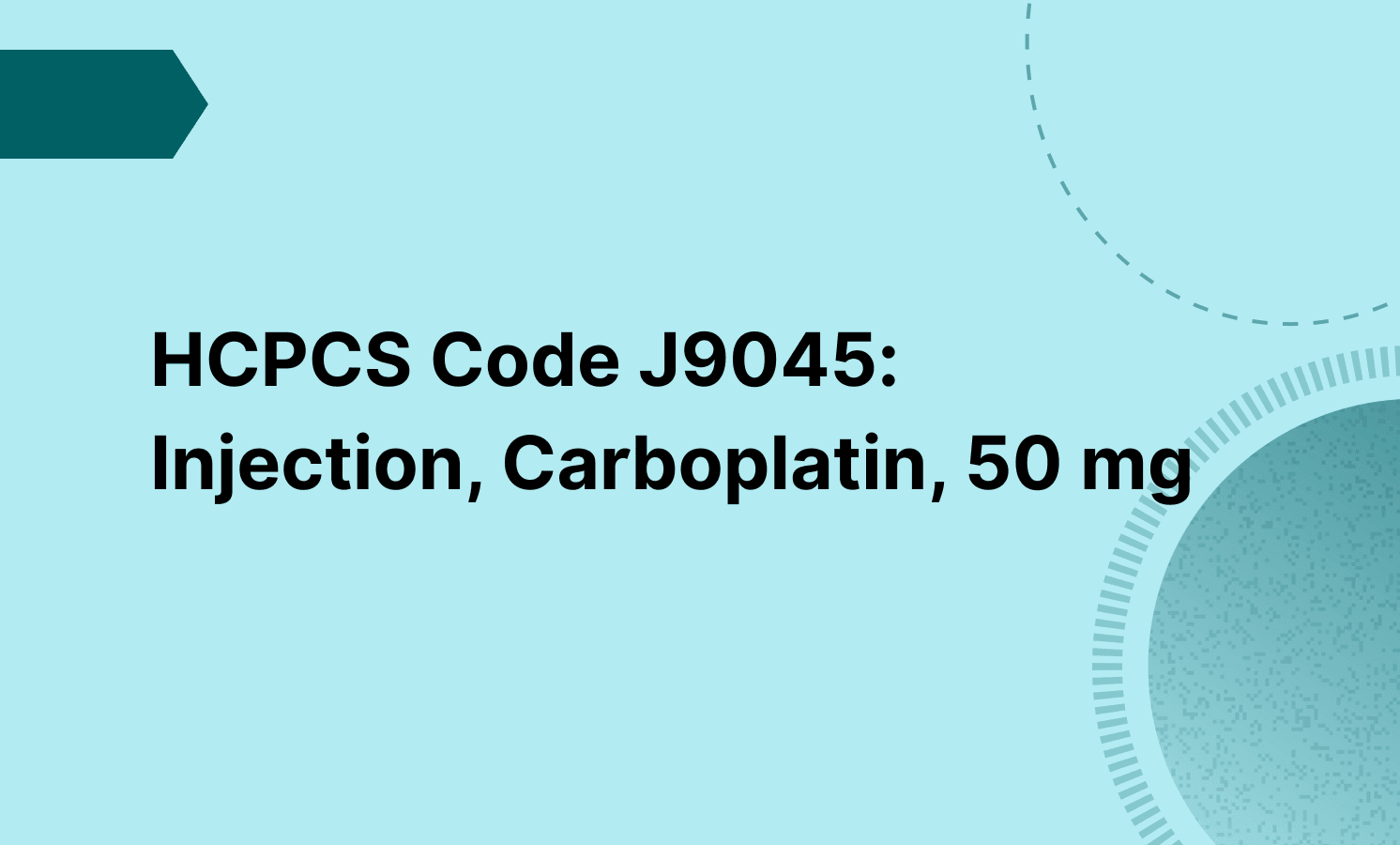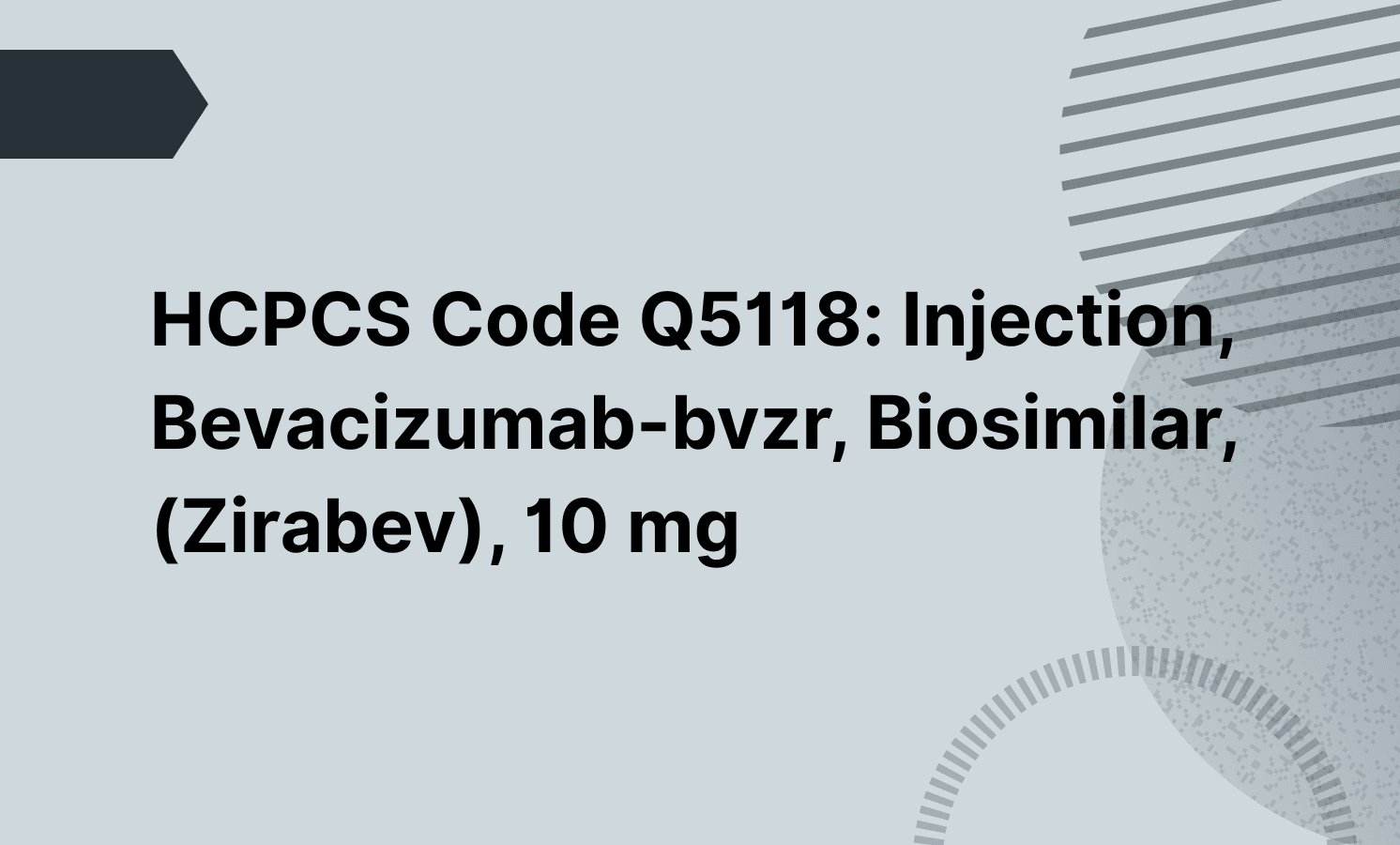CPT code 99222 is used for initial hospital inpatient or observation care involving a moderate level of medical decision making (MDM) and a medically appropriate history and/or physical examination, typically requiring about 50 minutes of face-to-face time with the patient.
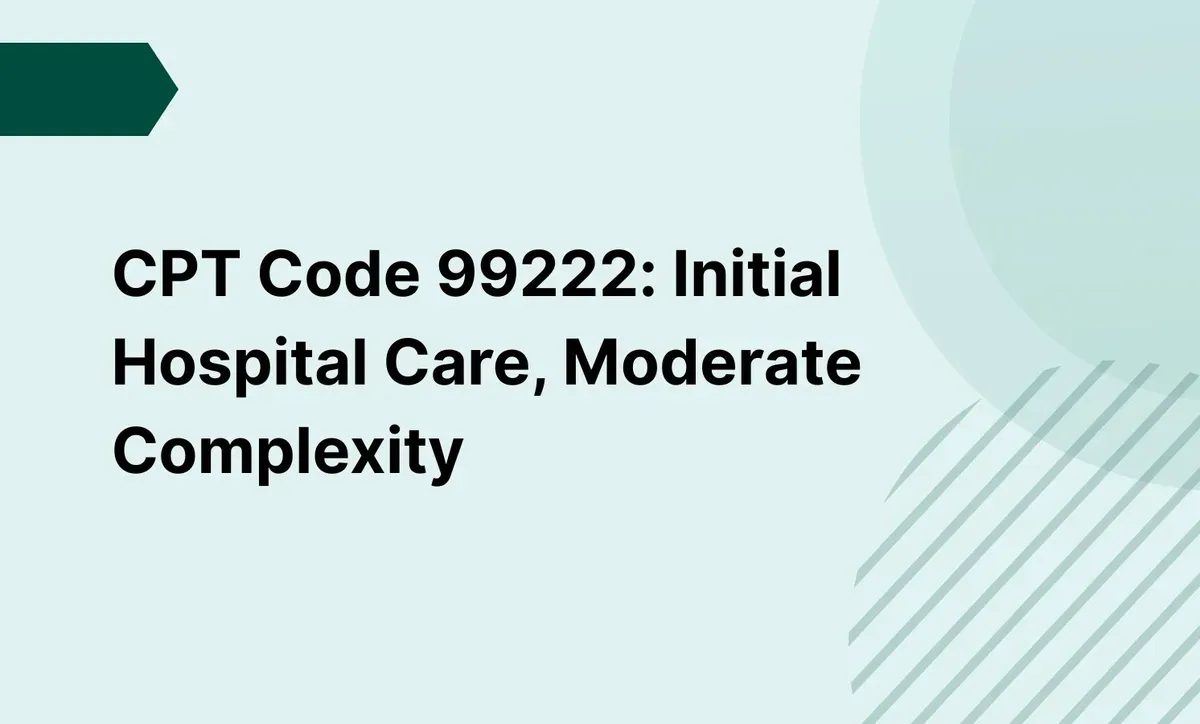
CPT Code 99222: Initial Hospital Care, Moderate Complexity
Understand the essentials of CPT 99222 for hospital care services to ensure accurate documentation, coding, and compliance.
Frequently asked questions
The difference between CPT 99222 and 99223 lies primarily in complexity and time: 99223 represents a higher level of care with a comprehensive history, exam, and high-complexity MDM, generally requiring about 70 minutes, while 99222 is for moderate-complexity cases.
CPT 99222 can be billed once per patient per hospital admission or observation stay for the initial visit; subsequent visits should be reported with appropriate subsequent care codes. Multiple initial visits on the same day by different providers require modifiers to indicate the principal physician.
EHR and practice management software
Get started for free
*No credit card required
Free
$0/usd
Unlimited clients
Telehealth
1GB of storage
Client portal text
Automated billing and online payments

